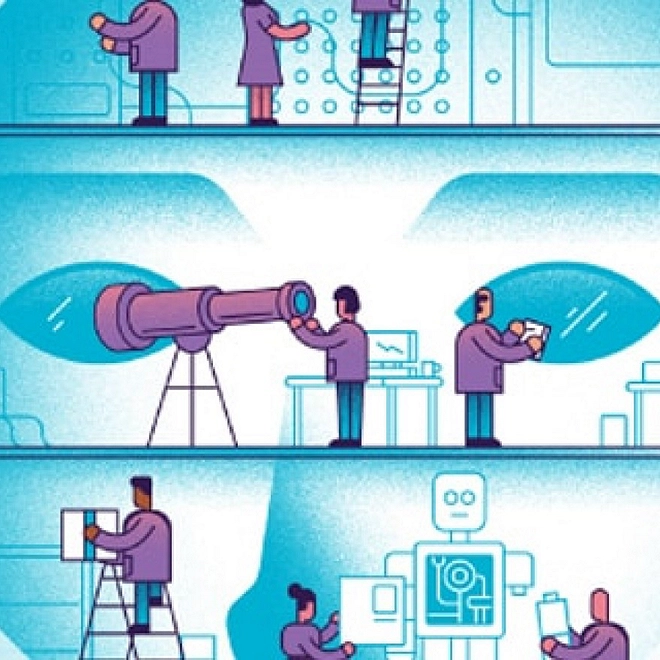The compensation conundrum
Principles for a more human approach
Organisations must focus on a core set of human principles that will enable them to craft compensation strategies designed to stand the test of time in the new world of work.It is critical for businesses in South Africa to consider the necessity of attracting and retaining top talent and in doing so, still containing resource costs.
Current drivers
South African organisations have been hit hard by the reality of the COVID-19 pandemic where preserving jobs and business cash flow are top priority, with a strong focus to ensure the safety of all stakeholders. In the face of this ambiguous period, employees are asking tough questions around their compensation, pay and promotion practices. It is now more relevant than ever, to revisit organisations’ compensation strategies for a sustainable way forward, as well as to navigate these unprecedented times for the greater good of stakeholders and the organisation. Compensation—salary and wages—is the largest component of an organisation’s total labour costs, accounting for up to 70 percent of an organisation’s total costs. Many organisations however, seem curiously uncertain about how to approach this significant area of spend.
South African organisations have identified the need to redesign their compensation strategies and have acted upon that to drive change and impact. Efficient redesign of compensation strategies calls for a thorough understanding of employee preferences and needs to develop an equitable mix in compensation strategy, in order to ultimately enhance performance, realise employee engagement and reach organisational objectives
As the inequality gap widens, external stakeholders are zeroing in on compensation, taking some organisations to task for failing to pay a living wage. Compensation also remains a focus point to help address potential workplace bias and improve diversity-related outcomes.
Considering how much time and money organisations spend on compensation strategies, processes, and programs—and the total cost of wages and salaries—any change to compensation practices represents a significant decision that needs to put the human element front and centre to have the desired impact.
Our 2020 perspective
To move beyond the compensation conundrum— the continual reconfiguring and tinkering with rewards packages of compensation, incentive pay, and benefits—in 2020 and beyond, business leaders and workers have the opportunity to reinvent compensation for a world of changing jobs, work, skills, and expectations and values.
As a starting point for compensation’s reinvention, we return to the five principles for human design we introduced in last year’s Global Human Capital Trends: Purpose and meaning; transparency and openness; ethics and fairness; growth and passion; and collaboration and personal relationships. We used this year’s survey data to evaluate organizations’ approaches to compensation against these principles.
What we found was a series of gaps between how compensation is designed and executed today— gaps that we believe hinder an organisation’s ability to align compensation to the new world of work. To help organisations address them, we have proposed actions aligned with each of the five principles that we believe are mutually beneficial, enabling organisations to reward their workers in meaningful ways and transform that meaning into quantifiable value. These actions offer organisations an enduring foundation in which to ground their compensation strategies to break the endless cycle of compensation redesigns as changes in jobs and work continue to emerge.



